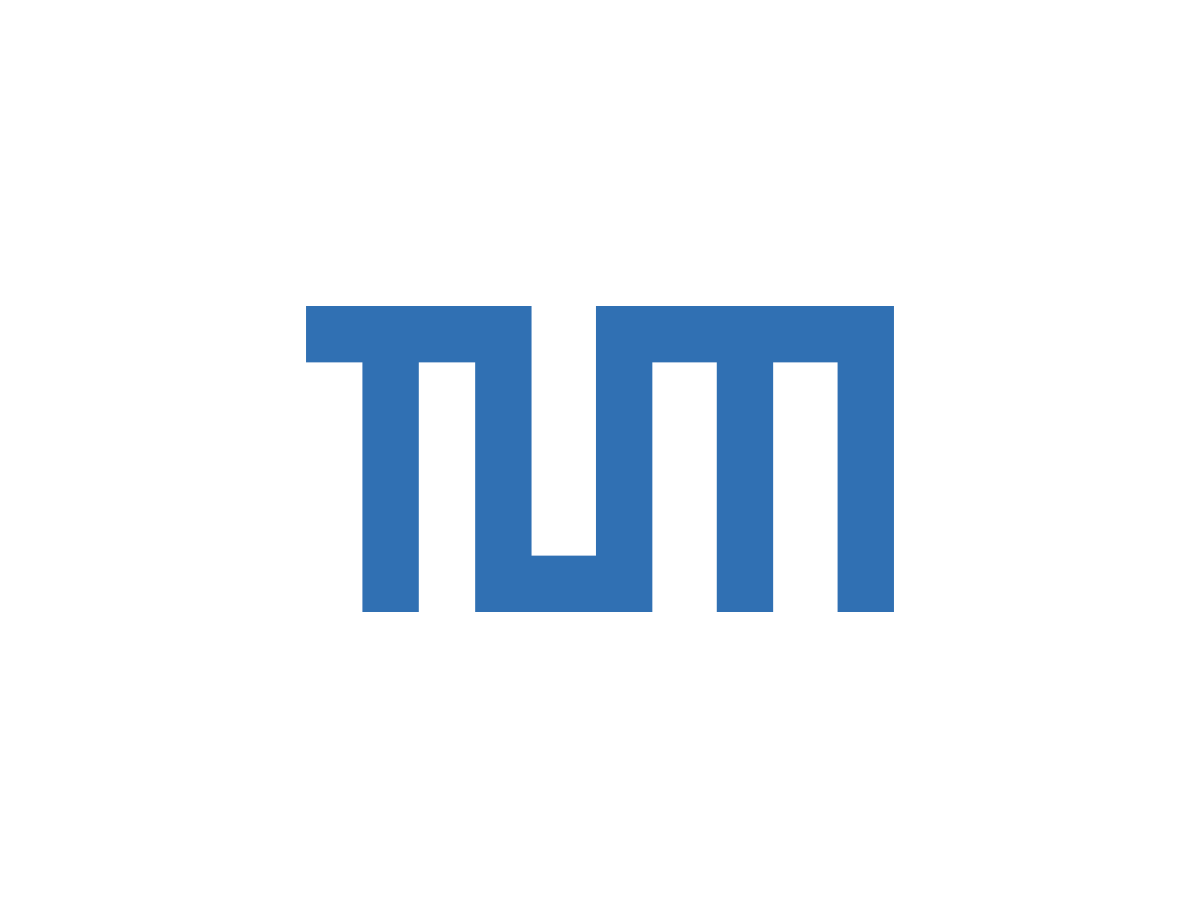Technical University of Munich: University didactics for the talents of the future
A central pillar of the future concept TUM Agenda 2030 is the teaching reform, which documents the commitment of TUM to a fundamental transformation in teaching. The Technical University of Munich wants to create a framework for young talents to live out and develop their abilities, creativity and curiosity on a new level. To this end, the Technical University of Munich is questioning old habits, building new structures and developing teaching formats that transcend disciplinary boundaries.
As early as 2019, TUM developed an ambitious concept entitled “TUM. The Entrepreneurial University – Innovation by Talents, Excellence, and Responsibility” in the context of the Excellence Strategy of the German federal and state governments. With this, TUM has defined the goals, measures, and formats of the education of the future: Graduates should be able to handle open solution spaces for complex problems, develop new processes to create value and products with innovative ideas, and solve problems holistically in cooperation with different disciplines. This requires profound technical expertise, but also a high degree of communication and teamwork skills and the ability to self-reflect.
“Our goal must be to ensure that our teaching prepares students for their formative roles in society in the best possible way”
Prof. Dr. Gerhard Müller, Executive Vice President Student and Academic Affairs
But what are the consequences for teaching and learning? The TUM teaching reform offers an answer to this question. It translates the goals into concrete measures and formats: In the future, degree programs will be geared even more strongly to competence profiles via Professional Profiles that are developed together with partners from science, society and business. New teaching formats, such as Plug-in Modules or Project Weeks, enable stronger links and networks between disciplines to find creative solutions for current and future challenges – enabled by new perspectives beyond the existing disciplinary boundaries.
All schools and departments, institutes, teachers and students are involved in the transformation of teaching. They work together on their vision of good teaching – for example, at the Teaching Symposium, which takes place regularly at the TUM Science and Study Center Raitenhaslach. Most recently, teachers, students and didacticians gathered there in April to discuss current and future developments in university teaching and to exchange ideas about new formats and their experiences.

